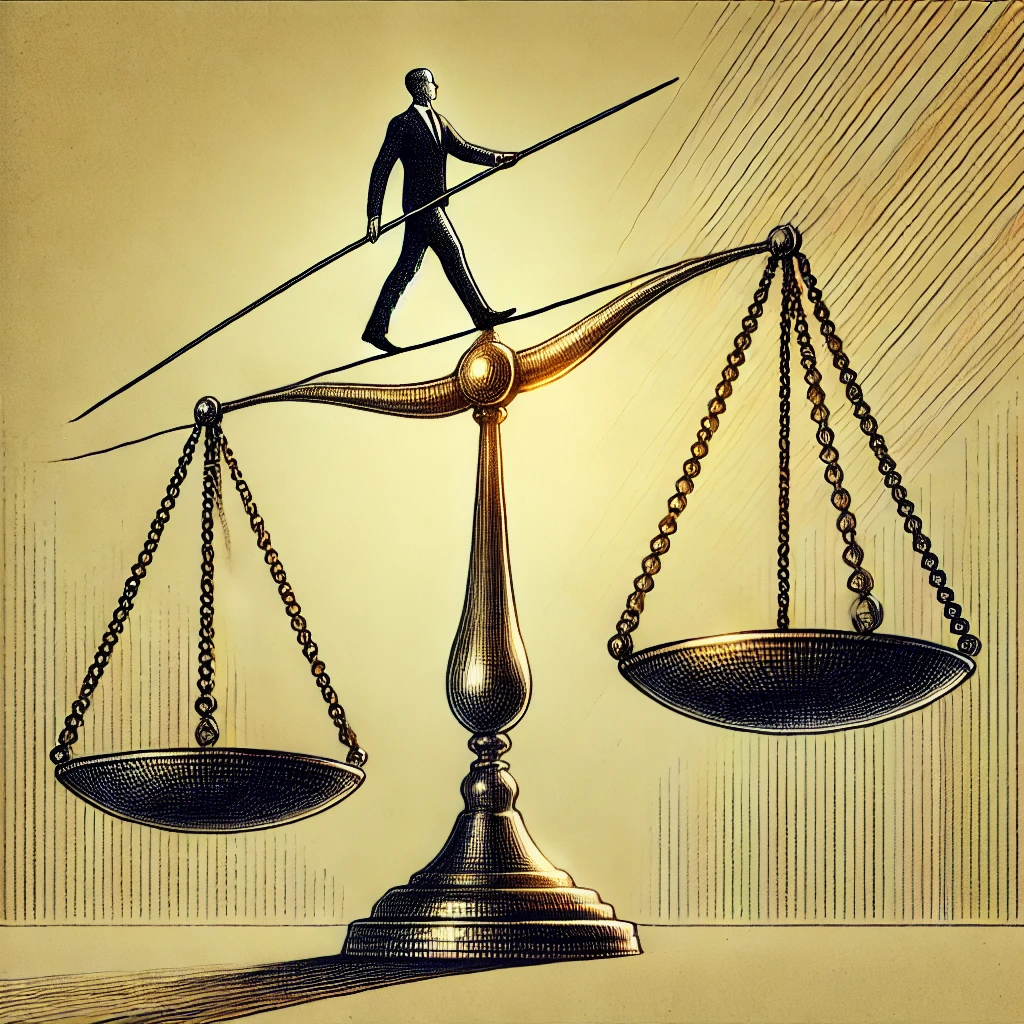Probation and parole violations can feel overwhelming, but understanding the process can help you prepare and protect your future. In this second part of our series, we’ll dive into what happens during a probation violation hearing, the potential penalties, and how you can mount an effective defense. You can read the first part of this series here.
Understanding the Probation Violation Hearing
When your probation officer believes you’ve violated the terms of your supervision, the process begins with a Petition to Revoke Probation. This triggers a legal process that differs from a standard criminal trial.
- Burden of Proof: Lower Standard
Unlike criminal cases that require proof “beyond a reasonable doubt,” probation violations only need to be proven by a preponderance of the evidence—meaning it’s more likely than not that the violation occurred. - Prosecution’s Role
The prosecutor presents evidence to show the violation occurred. This might include witness testimony, documentation, or statements from your probation officer. - Your Opportunity to Defend
You and your attorney can challenge the evidence, present your own evidence, and explain the circumstances that led to the alleged violation.
Additional Penalties and Their Impact
If the court determines a violation occurred, the consequences can vary widely depending on the nature of the violation and your criminal history.
- Increased Penalties
- Harsher probation conditions, such as intensive supervision
- Additional fines or fees
- Mandatory community service
- Jail Time or Incarceration
Some violations, especially for those on intensive probation, may result in mandatory jail time. - Extended Supervision
Your probation term may be lengthened, prolonging the period of oversight and restrictions.
How to Defend Yourself During a Probation Violation Hearing
A strong defense can make all the difference. Here’s how an experienced defense attorney can help:
- Challenge the Evidence
- Prove the alleged violation didn’t occur.
- Highlight procedural errors or weaknesses in the prosecution’s case.
- Present Mitigating Circumstances
Explain any factors that led to the alleged violation, such as:
- Medical emergencies
- Miscommunication with your probation officer
- Honest mistakes that weren’t intentional
- Negotiate Alternative Outcomes
Your attorney can advocate for alternatives to incarceration, such as:
- Counseling or rehabilitation programs
- Community service
The Importance of Early Action
Facing a probation violation can be intimidating, but waiting to act will only worsen the situation. The sooner you consult with an attorney, the better your chances of a favorable outcome.
Contact My Office for Help
If you’re facing a probation violation hearing, you don’t have to navigate it alone. Contact my office today for a confidential consultation. Together, we can build a strong defense, minimize the impact of the violation, and work toward protecting your future.
Disclaimer: This blog post provides general legal information and should not be considered specific legal advice. Each case is unique, and you should consult directly with an attorney about your specific situation.

